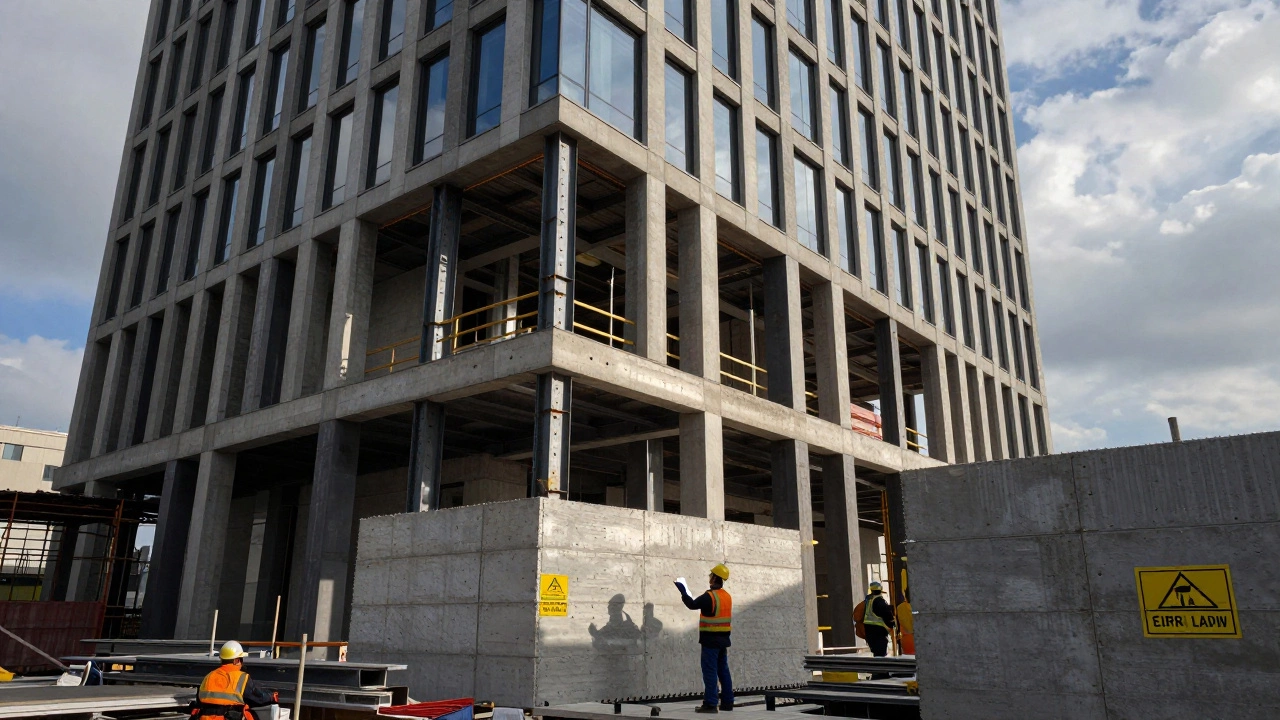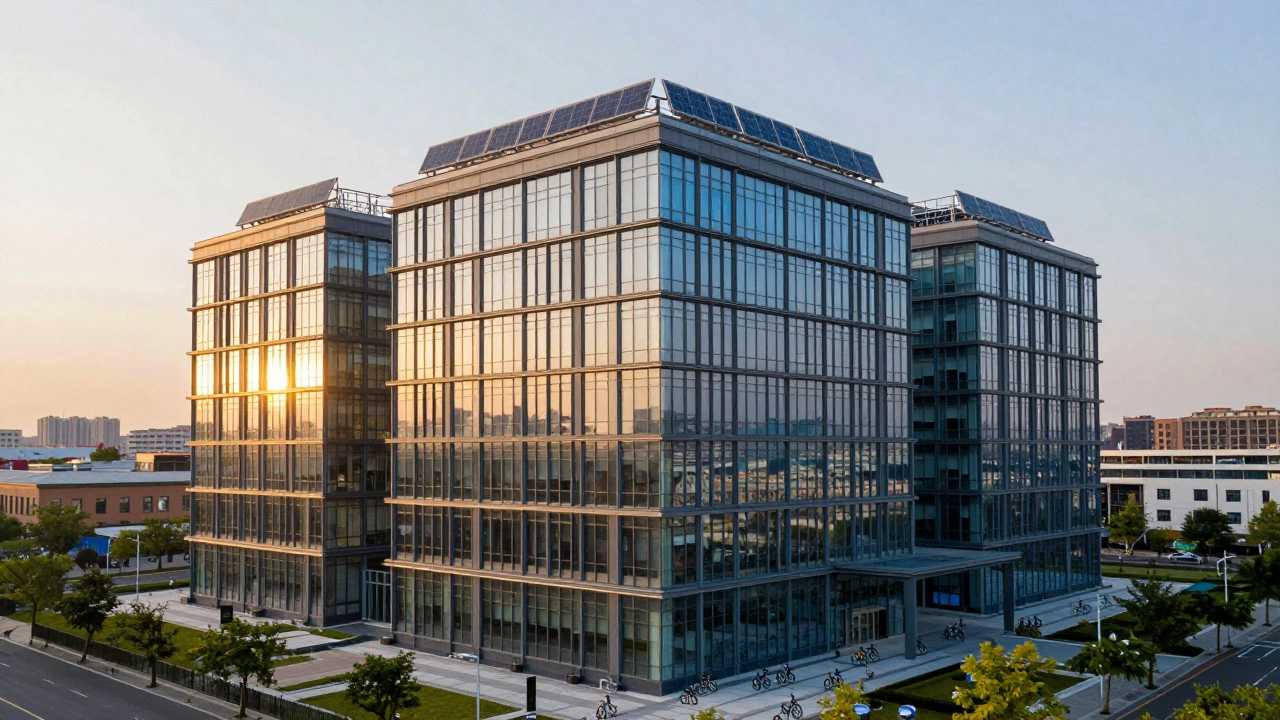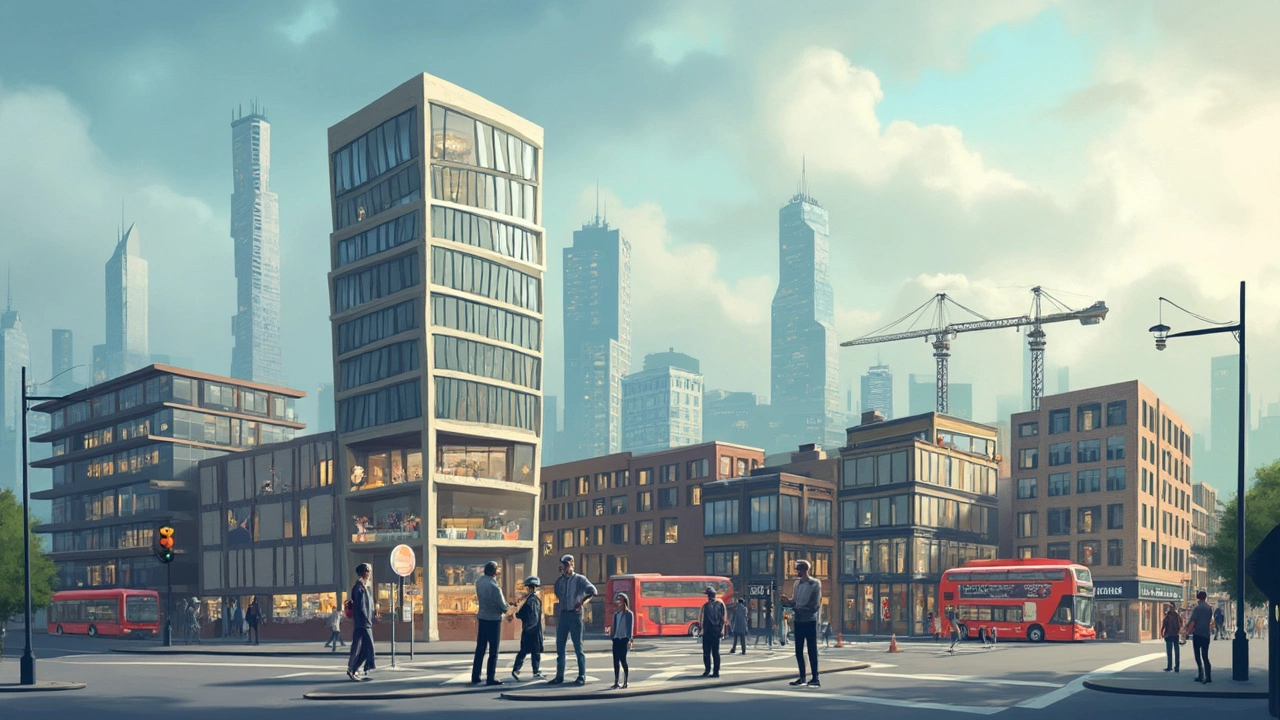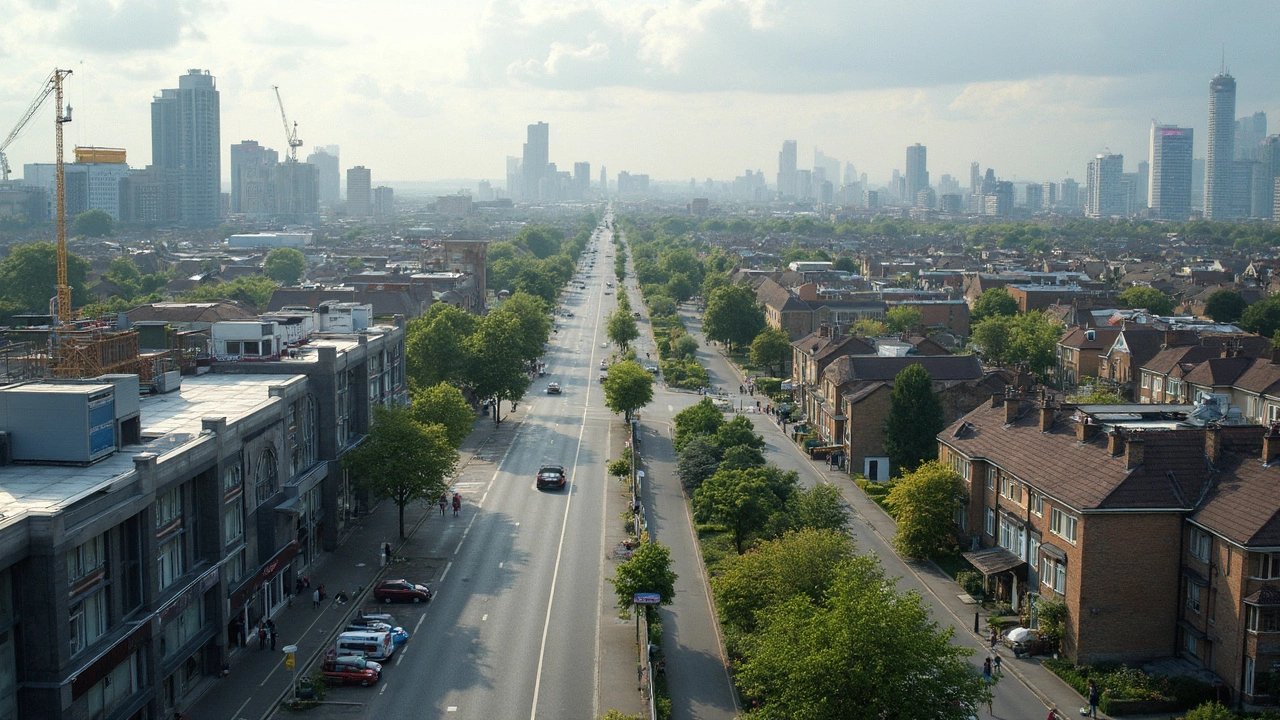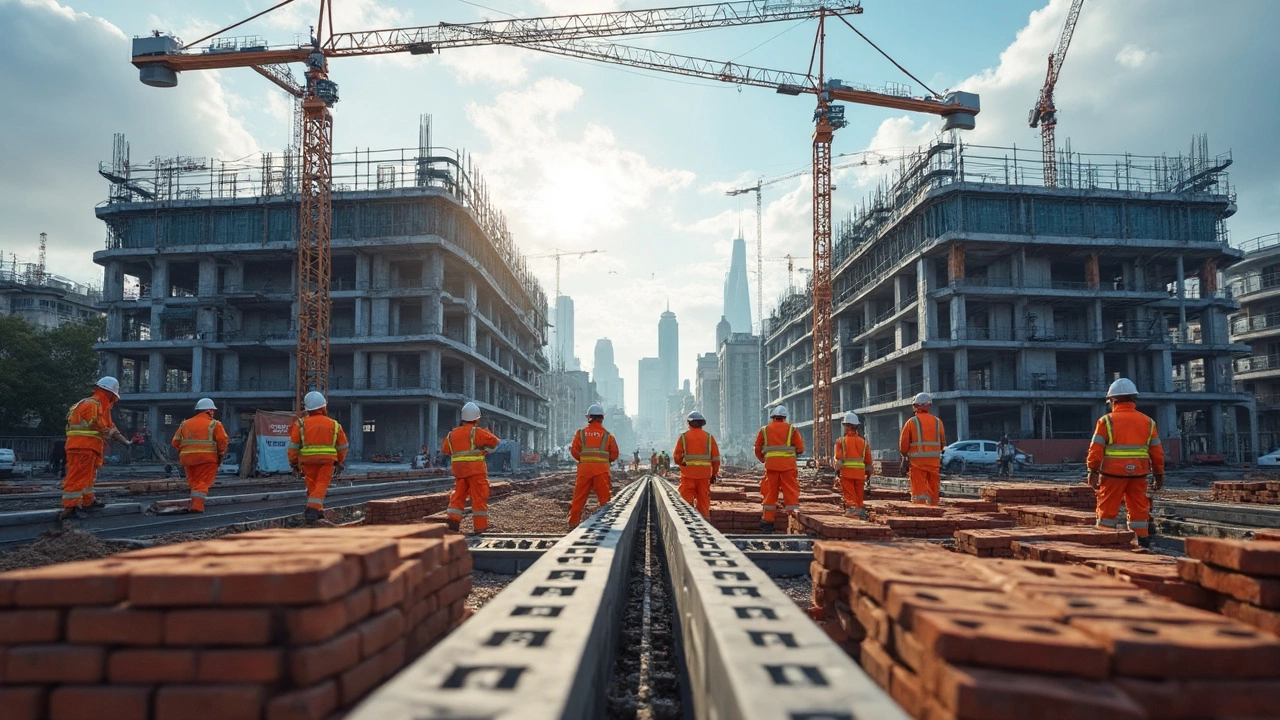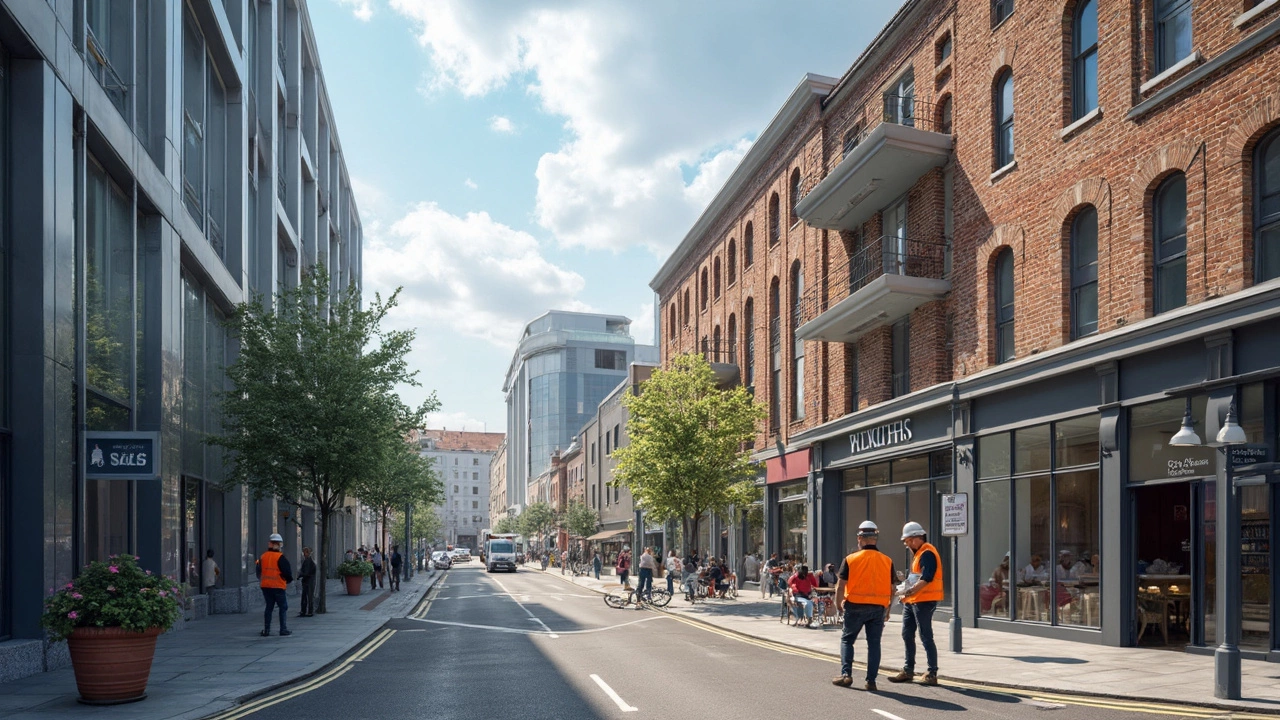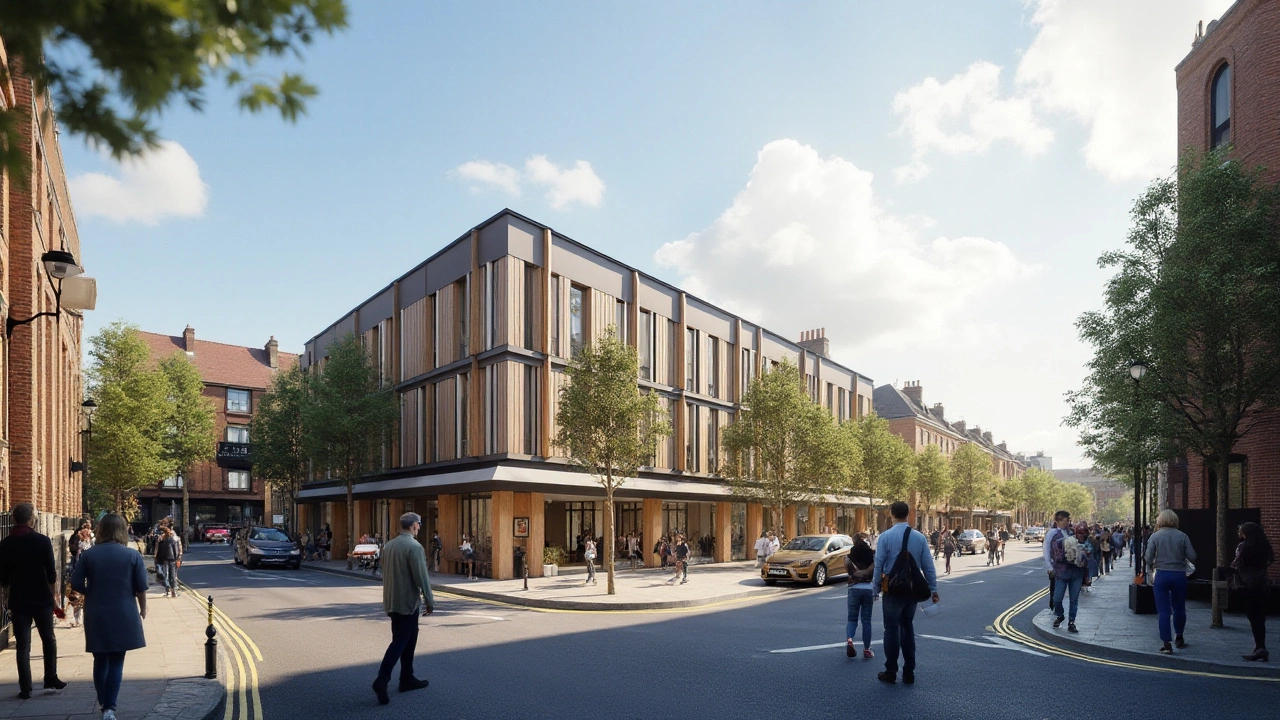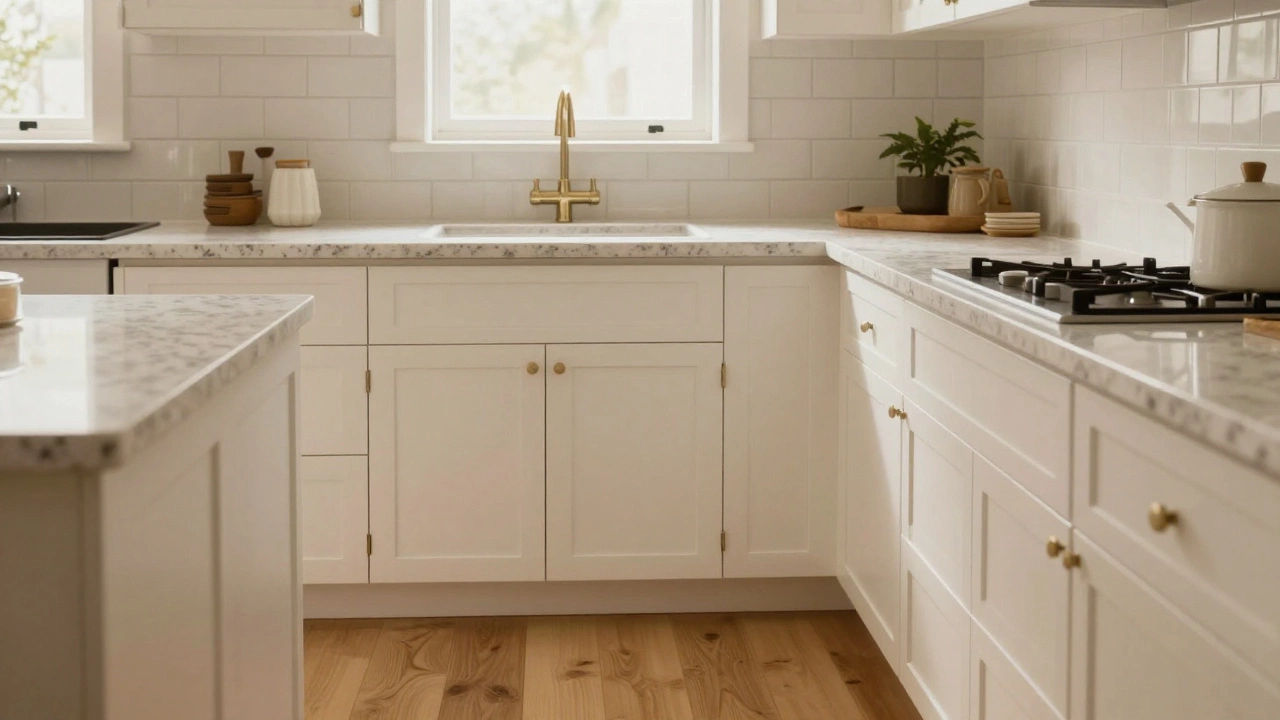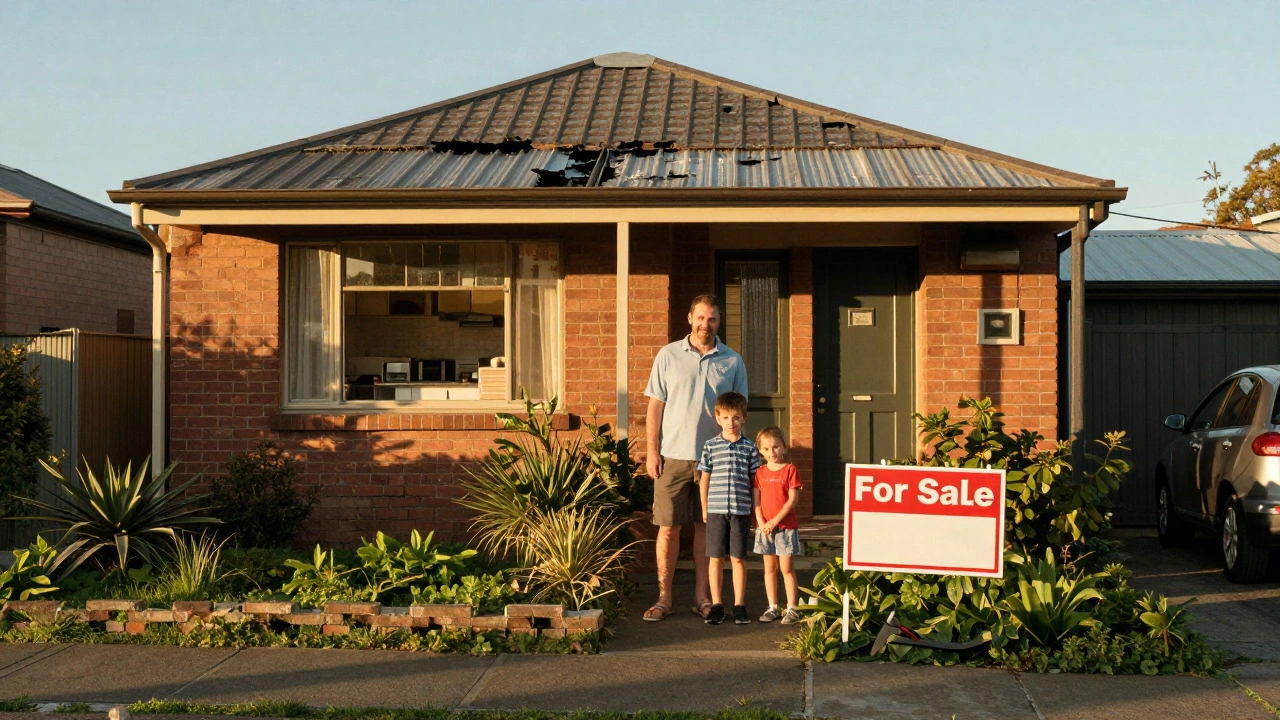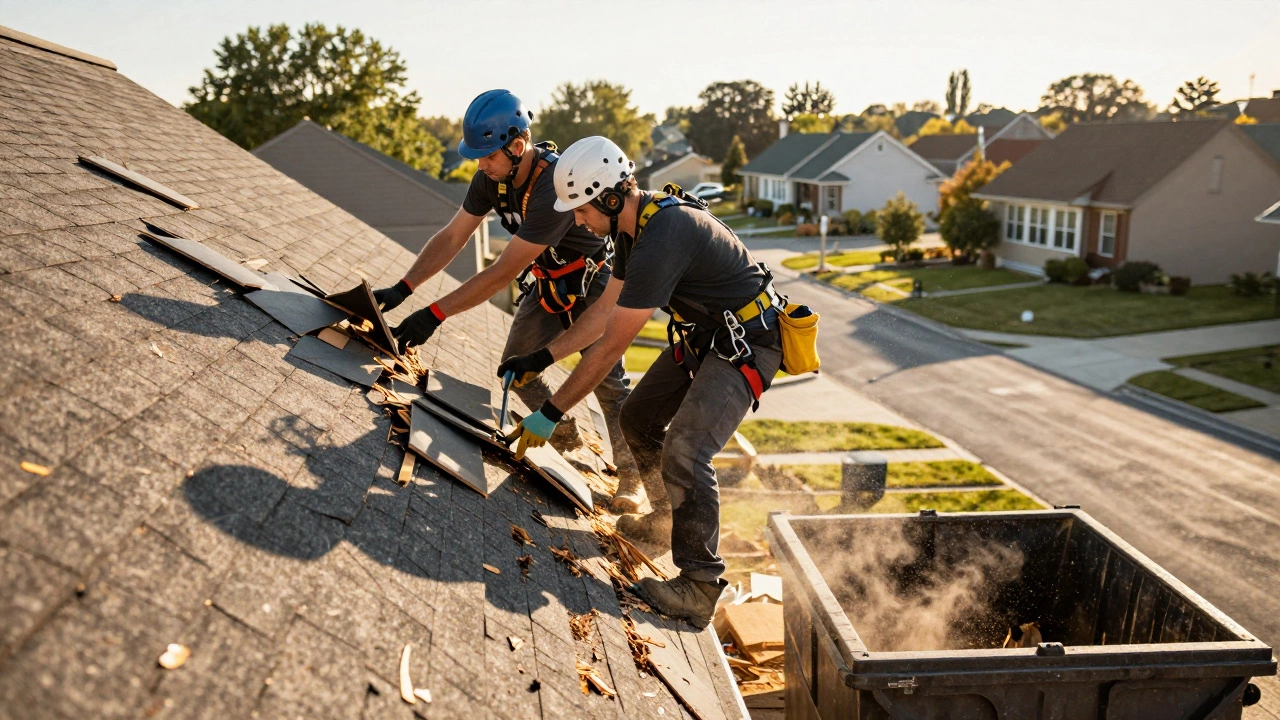Commercial Construction: Practical Tips and Current Trends
If you're thinking about a new office block, a retail fit‑out, or any commercial build, the first question is usually "where do I start?" The answer is simple: plan well, budget realistically, and think green. Good planning saves time, money, and headaches, and it lets you focus on creating a space that works for your business.
Start by defining the purpose of the building. Is it a high‑traffic shop that needs a strong floor and easy access? Or a quiet office that benefits from natural light and acoustic control? Knowing the end use helps you choose the right structure, layout, and materials. Write down the must‑haves, nice‑to‑haves, and what can wait until later. This list becomes your roadmap when you meet architects, engineers, and contractors.
Planning Your Commercial Build
Before you sign a contract, get a clear cost estimate. Break the budget into hard costs (materials, labor) and soft costs (permits, design fees). A common mistake is forgetting contingency – aim for at least 10 % of the total to cover unexpected issues like site conditions or design changes. Use tools such as simple spreadsheets or budgeting apps to track every line item.
Permits and regulations can feel like a maze, but they’re non‑negotiable. Check with your local council early to understand fire safety, accessibility, and energy standards. Getting these approvals before construction starts avoids costly re‑work. If you’re unsure, a qualified building contractor can guide you through the paperwork and keep the project moving.
Sustainable Practices That Save Money
Going green isn’t just a buzzword – it’s a smart financial move. Insulated walls, high‑performance windows, and LED lighting lower operating costs and often qualify for government incentives. Concrete is still a staple for commercial foundations, but you can mix it with recycled aggregates or use low‑carbon alternatives to reduce the environmental impact.
Think about the building’s life cycle. Choose durable finishes that need little maintenance, and design flexible spaces that can adapt as your business grows. Modular construction can speed up the build and cut waste, while also making future expansions easier.
During construction, keep a close eye on waste management. Separate wood, metal, and concrete for recycling, and ask suppliers to deliver only what you need. Small steps add up to big savings and a healthier planet.
At Dandek Design, we combine modern aesthetics with practical construction methods. Our team reviews every project for cost‑effectiveness, sustainability, and compliance. We work with you from concept to handover, ensuring the finished building meets your goals and stays within budget.
Ready to start your commercial construction journey? Grab a notebook, list your priorities, and reach out to a trusted contractor who can turn those ideas into a solid plan. With clear goals, a realistic budget, and a focus on sustainable choices, your project will finish on time, on budget, and ready to support your business for years to come.
Type A and Type B construction define fire resistance levels in commercial buildings. Type A is for high-risk structures like hospitals and high-rises; Type B suits smaller, low-occupancy spaces. Know which one your project needs to stay safe and code-compliant.
Commercial construction refers to buildings designed for business use-offices, retail, warehouses, and more. It differs from residential builds in materials, codes, cost, and complexity. Learn the key types and what makes them unique.
Commercial construction isn’t just a one-size-fits-all game—there are four main types, and each comes with its own rules and quirks. Knowing the difference isn’t just for architects or builders; it helps everyone from property investors to tenants understand what goes into a project. This article breaks down those four categories in plain English, highlighting what each really means in the real world. Get the hey-what’s-that for construction types, along with smart tips you won’t hear at stuffy industry conferences. If you work on, fund, manage, or even just care about buildings, you’ll want to keep reading.
Trying to figure out what makes a building project commercial or non-commercial? This article strips away the confusion with clear definitions and real-world examples. We'll look at why these differences matter, what types of buildings fall into each category, and how rules and money shape each world. Expect tips on spotting grey areas and making smart choices for your own construction plans. It's all about helping you avoid headaches when dealing with local laws and construction crews.
Curious if commercial construction breaks the bank more than building a house? This article digs into why stores, offices, and warehouses tend to cost more per square foot than your average home. We’ll break down exactly where the extra money goes, from codes and materials to labor and design. Concrete numbers, real-life examples, and a few insider tips help you understand what drives these price differences. Whether you’re planning an office build or just want to outsmart your next trivia night, you’ll walk away knowing why commercial usually carries the bigger bill.
This article breaks down what makes a building 'commercial' and why it matters in construction. It looks at the rules, types of projects, and unique considerations in commercial building. Readers will find practical tips for navigating permits, codes, and contractor selection. If you're thinking about getting into commercial construction, this guide clears up common confusion and shares real examples. Get a clear sense of how commercial projects stand apart from residential or industrial builds.
Schools are often the center of community life and their construction plays a crucial role in urban development. Whether they are commercial or industrial projects depends on various factors. This article explores the classification of school buildings, considering elements like zoning, building codes, and purpose. Understanding these aspects helps stakeholders make informed decisions. Discover insights into what makes school construction unique compared to other types of construction projects.

